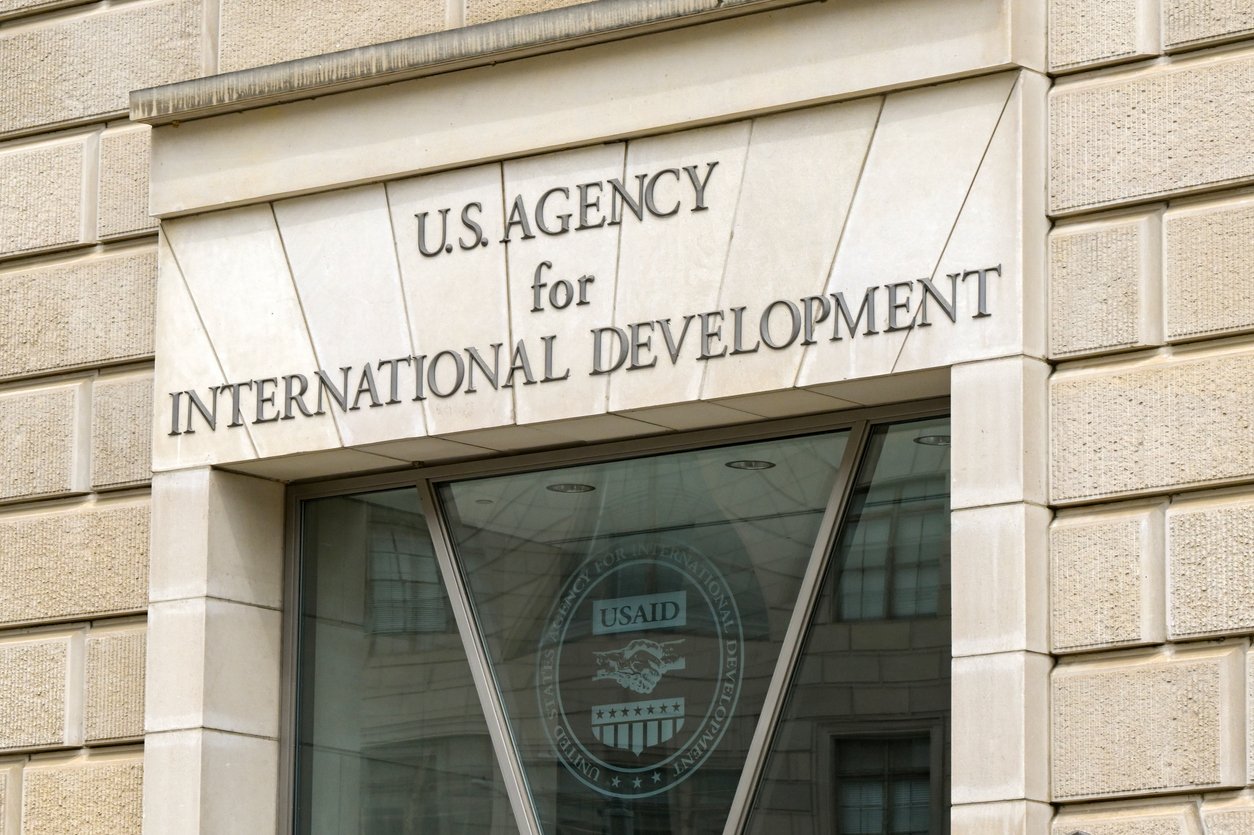In the last few years, there have been several positive developments around the world that signal progress towards a more sustainable future, and they span various sectors, including renewable energy, conservation, technology, policy, and public awareness. I am often asked whether 2023, as far as Sustainability is concerned, saw progress, “on hold” or throwback. Despite of a context with strong headwind (inflation, recession, wars), I strongly believe that the consciousness of the problem (specially climate change and social inequalities) has raised and relevant action was undertaken. There is less and less space for those trying to counter act this unstoppable trend towards a society that needs to respect the Planet and the People.
Having said this, 2023 has confirmed all the challenges that a more sustainable future needs to overcome, and several factors have hindered more rapid progress. To quote a few:
- Energy security vs. sustainability: The global energy crisis, exacerbated by the Russia-Ukraine war, and the instability in the Middle East, led some countries to revert to coal and nuclear energy, posing challenges to the Paris Agreement goals. This reflects the complex balance between energy security, affordability, and sustainable energy transition.
- Increased physical climate risks: The rising frequency and severity of climate-related disasters are leading to higher costs for adaptation and resilience, especially in lower-income countries. Environmental catastrophes and natural disasters happened everywhere in the world; this is no longer a geographical issue. 2023 disasters add to the burden of the financial support needed for rebuilding and recovery efforts and can divert resources and focus away from long-term sustainable development, but at least, there is a positive consequence here: raises the public awareness and consciousness of the need to act now.
- Economic and financial challenges: The transition to a sustainable economy requires significant investment and the current inflationary economic environment does not help. In many cases, initial costs for renewable energy infrastructure, sustainable technology, or green initiatives can be high and additionally, there can be economic resistance from industries that rely on traditional, less sustainable practices. Also, economic challenges and labour market dynamics are testing companies' commitments to sustainable employment practices which includes balancing employee expectations with economic conditions, which could impact a more responsible workplace practice.
- Political hesitation and policy inconsistencies: Political will is crucial for sustainable development, not all governments prioritize sustainability, and some may have conflicting interests, particularly in regions where the economy is heavily dependent on fossil fuels or unsustainable practices. 2023 did not show any signs of change in this worrying trend. In many areas of the world the political power is shifting towards ideologies with different views on the urgency of the challenges.
- Lack of coordinated global action: COP 28 just finished and only the very, very optimistic can see any progress being made. Many agreements and commitment were signed, but I just invite the reader to have a look at everything that was agreed at least in the last three COP and try to monitor progress and track record. What would make us believe that this time is different? Just words, yet again? Too much faith being put on the expression “transition away from fossil fuels” …
It may seem a paradox but is precisely because of this negative 2023 context, that I have some hope. Why? Because despite of all that, we saw progress in many areas. To quote a few:
- Growth in renewable energy: There has been significant progress in the adoption of renewable energy sources like solar and wind power. Countries like China, the USA, and the European Union have made substantial investments in renewable energy, leading to a decrease in the cost of solar and wind energy technologies.
- European ESG reporting and compliance Directives came into force and that will accelerate the need for companies to deal with these indicators and define policies to achieve them. Companies which will merely see them as compliance (“I will report because I need to”) rather than as a market opportunity to gain competitive advantage, will certainly suffer in the future and will no longer be part of most multinationals and government supply chains.
- Electric Vehicles (EVs) and battery technology: The automotive industry has seen a significant shift towards electric vehicles of which Portugal is a good example, Tesla being the most sold vehicle in November 2023, a monthly indicator that never happened before. Major car manufacturers have committed to electrifying their fleets, and advancements in battery technology have made EVs more accessible and efficient.
- Plastic reduction initiatives: Many countries and corporations have initiated steps to reduce plastic waste: bans on single-use plastics, increased recycling efforts, and the development of biodegradable plastic alternatives have gained momentum.
- Sustainable agriculture and food systems: There's a growing emphasis on sustainable agriculture practices which includes the promotion of plant-based diets, sustainable fishing practices, and innovations in food technology like lab-grown meat.
- Advancements in circular economy: The concept of a circular economy, which focuses on reuse, recycling, and reducing waste, has gained traction. There are innovations in product design, materials science, and business models that support this approach.
- Public Awareness and Education: Awareness about sustainability issues has grown, partly due to the influence of social media and global movements which led to more informed consumer choices and increased pressure on governments and businesses to act sustainably.
Bearing all of this in mind, I personally believe that the journey towards a more Sustainable society is showing a very high level of resilience and those who believe on a way back will be proven wrong. The resilience of Sustainability is here to stay. Fortunately, our experience in the Center of dealing with Companies operating in Portugal, is that 2023 has definitely shift the debate from “Is this really important?” to “what do I need to do?”. From a “nice to have” to a “must do” with a clear understanding that Sustainability needs to be integrated in the core of Business strategies.
And what should we expect from 2024? Watch the space, more on this on the next edition signed by our Dean Filipe Santos…
Have a great and impactful week!
Executive Director at the Center of Responsible Business & Leadership
*This article refers to edition #22 of the "Have a Great and Impactful Week" newsletter, an initiative of the Center for Responsible Business & Leadership.



